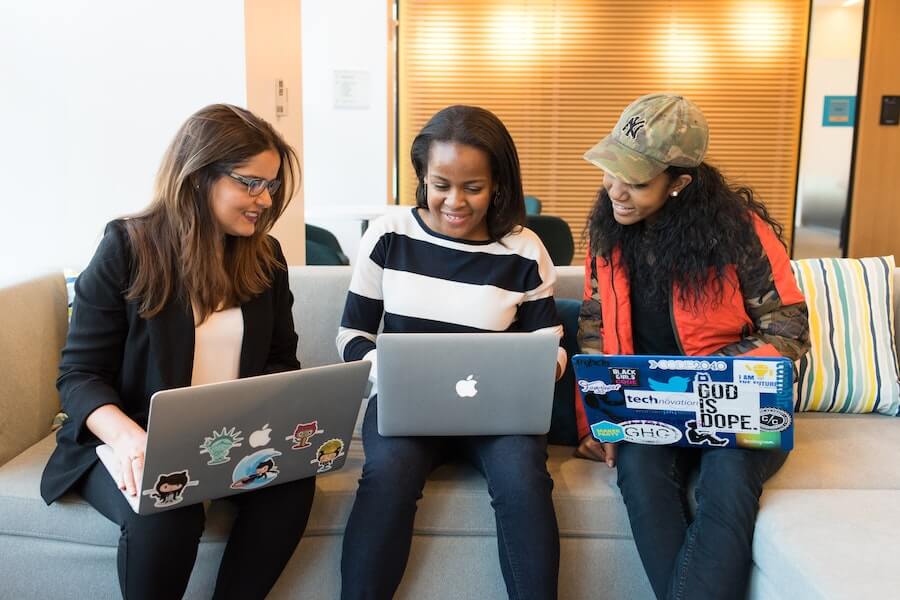Are you trying to work out whether it would be better to learn from home or go and learn in the classroom or lecture hall? This blog weighs up the pros and cons of both distance and face to face learning methods.
There is no right and wrong answer. What suits one person may not be the best way for someone else to learn. And it is these shifting sands that make it difficult to say that some students work best with a face-to-face course whilst another set will fare better under distance learning courses.
The answer is, essentially, a personal one. But if you decided to return to education or to bolster your skill set with some new qualifications, you have a choice to make: distance lessons and lectures or face to face learning.
The Pros and The Cons

As you would expect, there are upsides and downsides to both, some of which we cover here. Of course, you may read through the list of each and decide that what it a con is a pro, and vice versa, for you personally.
Distance learning is also known as online learning, e-learning, open learning or learning from home. You may pay for the course upfront and receive all the materials in one shipment or you may pay monthly with some providers, with course materials released as you complete (and pay) for modules or units. Distance learning is great if you are looking to learn a new language, become an accountant or develop your digital skills.
Face to face learning can be defined as the traditional style of learning in which you show up at a venue at the same time for a number of sessions. You will be taught or tutored by an instructor or teacher, following a prescribed schedule of taught sessions called a curriculum.
Distance Learning

Pros | Cons |
Distance learning is possibly one of the most FLEXIBLE study options open to the modern student, irrespective of their age, working status and so on. | You do need to COMMIT to your course, which means understanding the difference between flexibility and ‘not really bothering’. If you don’t have a strong sense of discipline or are not interested in forming one when it comes to your studies, distance learning may not be for you. |
You can study in a space in which you feel most COMFORTABLE. This could be at the kitchen table or even curled up on the couch. | Studying on the couch is all well and good but you also need to be prepared for the fact that there are times, with deadlines looming and assignments pressing that you need to create a study space that is conducive to learning. Sometimes, lounging on the sofa is not the best space… |
For many students of open learning, the PACE at which they complete their course is dictated by no one other than themselves. If you don’t grasp a concept initially, you can go over the module again, for example. | Pace is one thing, not applying yourself is something completely different. When pace is lacking, or the feeling that there is no one else there to drive your learning, making time to study can fall by the wayside.
|
It can FIT AROUND YOU and your work, family and social commitments. Many people find that the course is so well structured that they are able to pick it up after a few weeks break if they have to re-schedule their learning. | Fitting it around life is one aspect of distance learning but you also need to ensure you value your course too. So, when you can’t study at a certain time because ‘life happens’ when you will re-schedule your study time for? |
You are in the DRIVING SEAT. You have complete control of your daily learning hours. | Are you organised? Can you push through and stay motivated to complete the course? |
Face to face learning
Choosing the right distance learning course and provider is essential. You need to be confident that the course and its content, as well as the qualification once you have completed it, have the same ‘value’ as that of a course completed at a college or a training provider. For some employers and organisations, knowing that as a student you can organise your own learning and successfully complete a course speaks volumes. There are many more benefits to distance learning – so it’s an option that is really worth exploring.

Which type of course delivery do you think would suit you?








